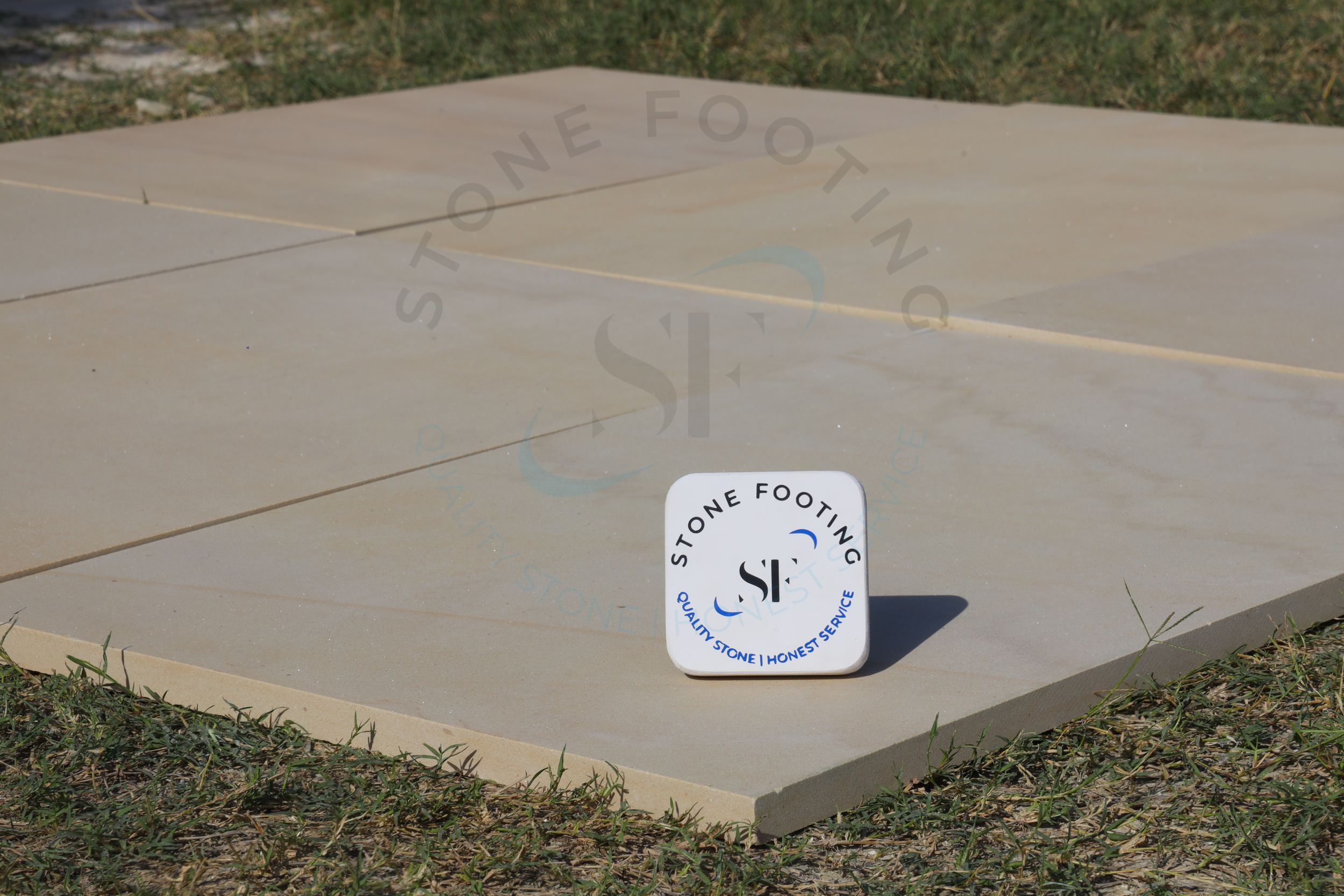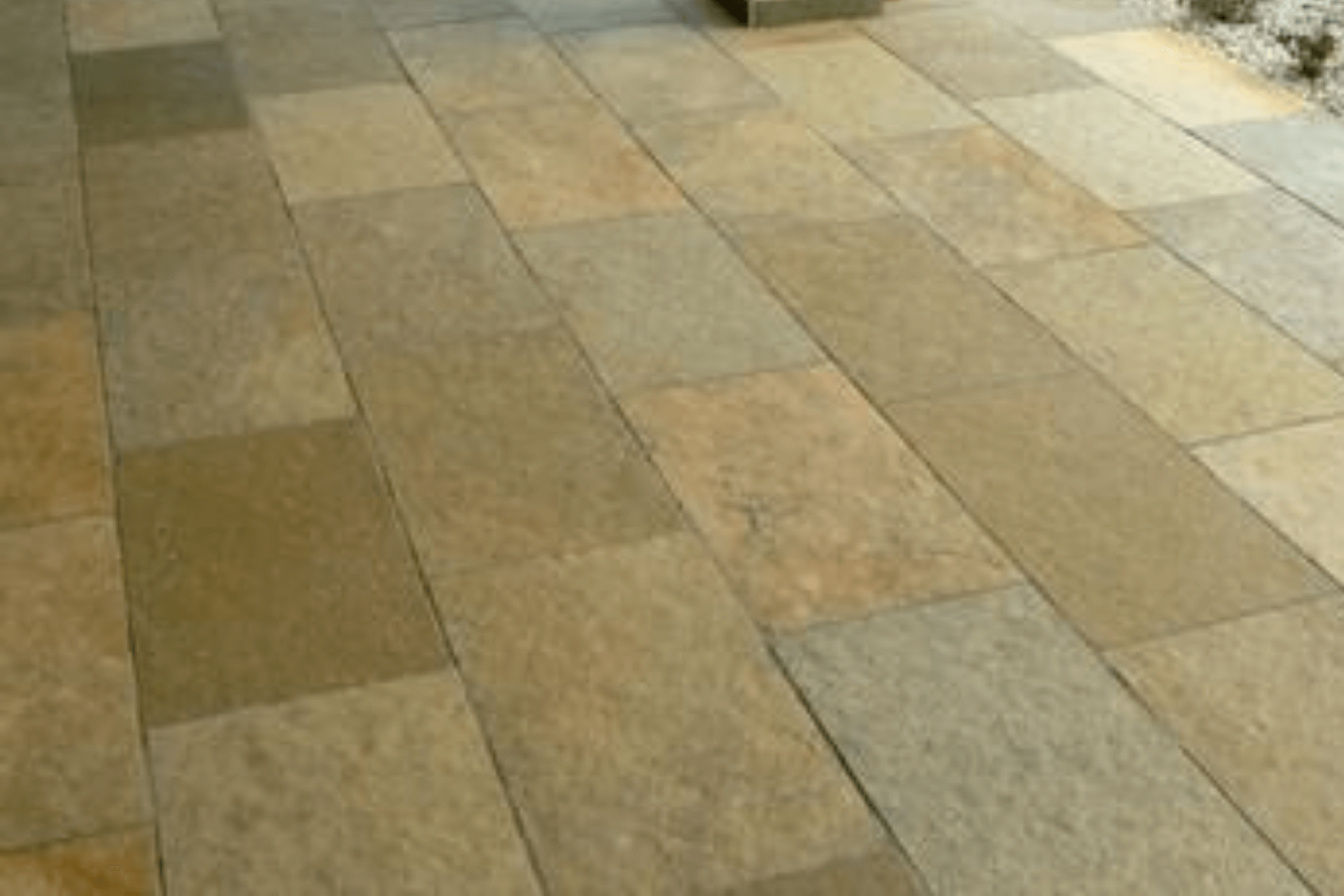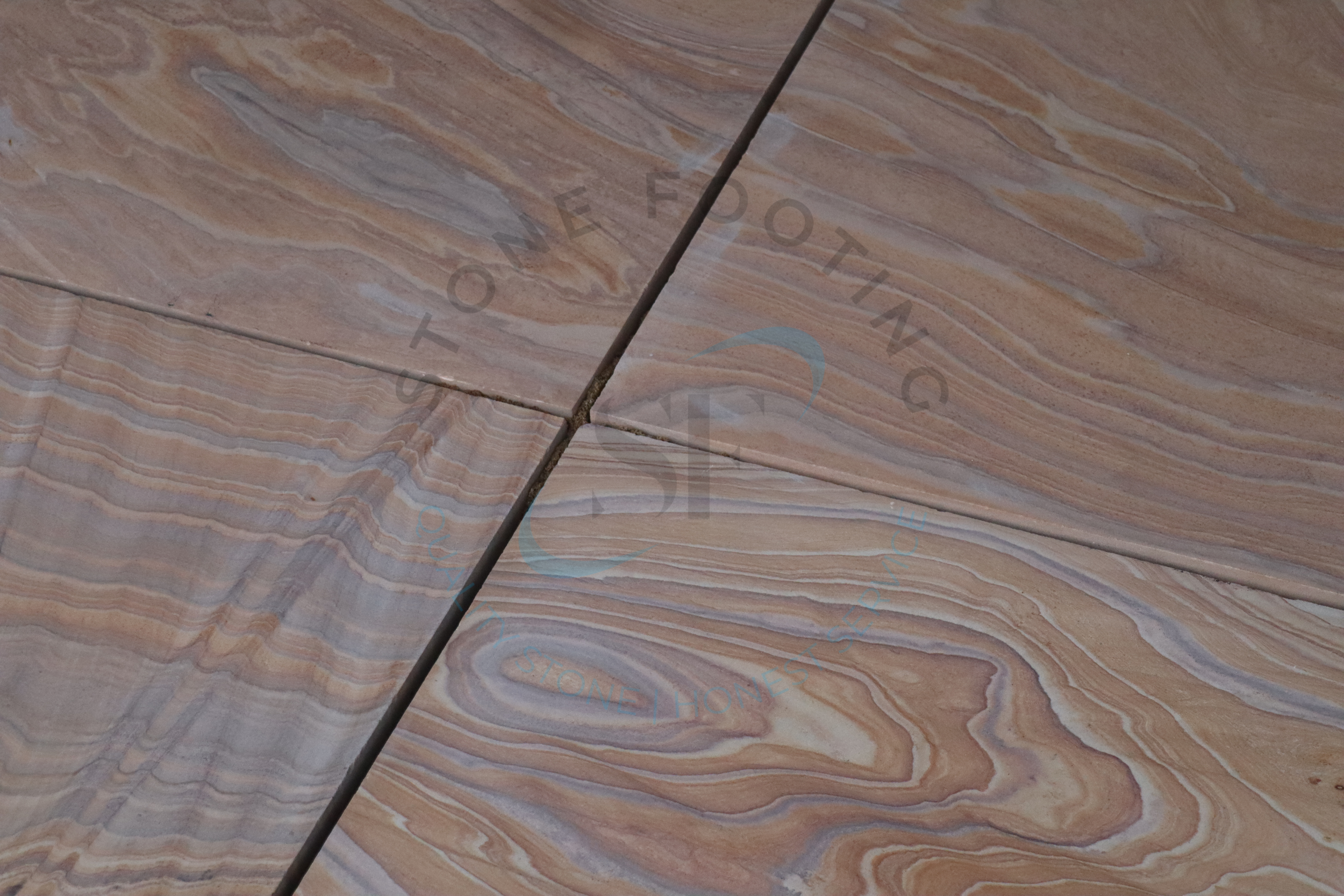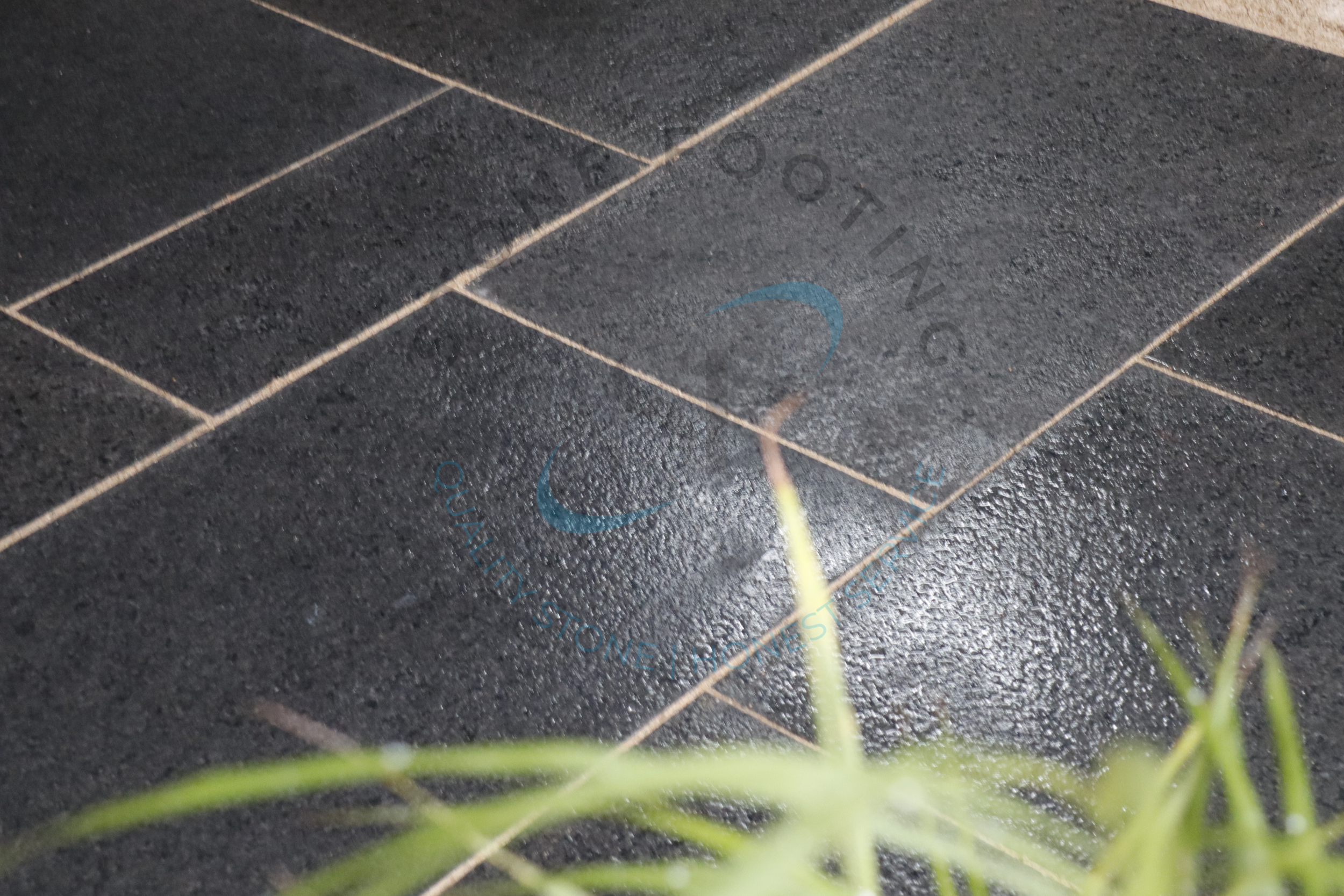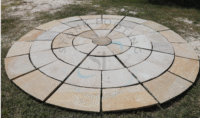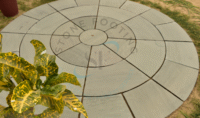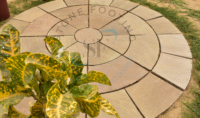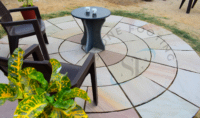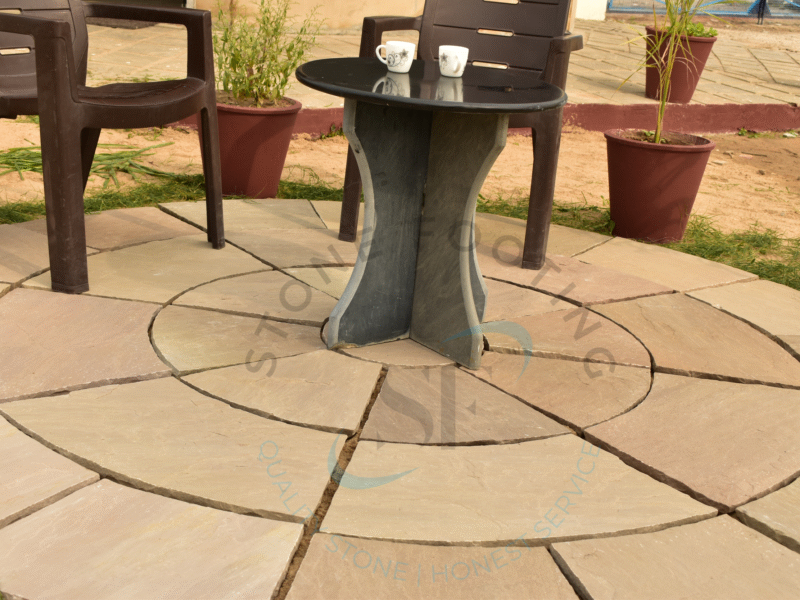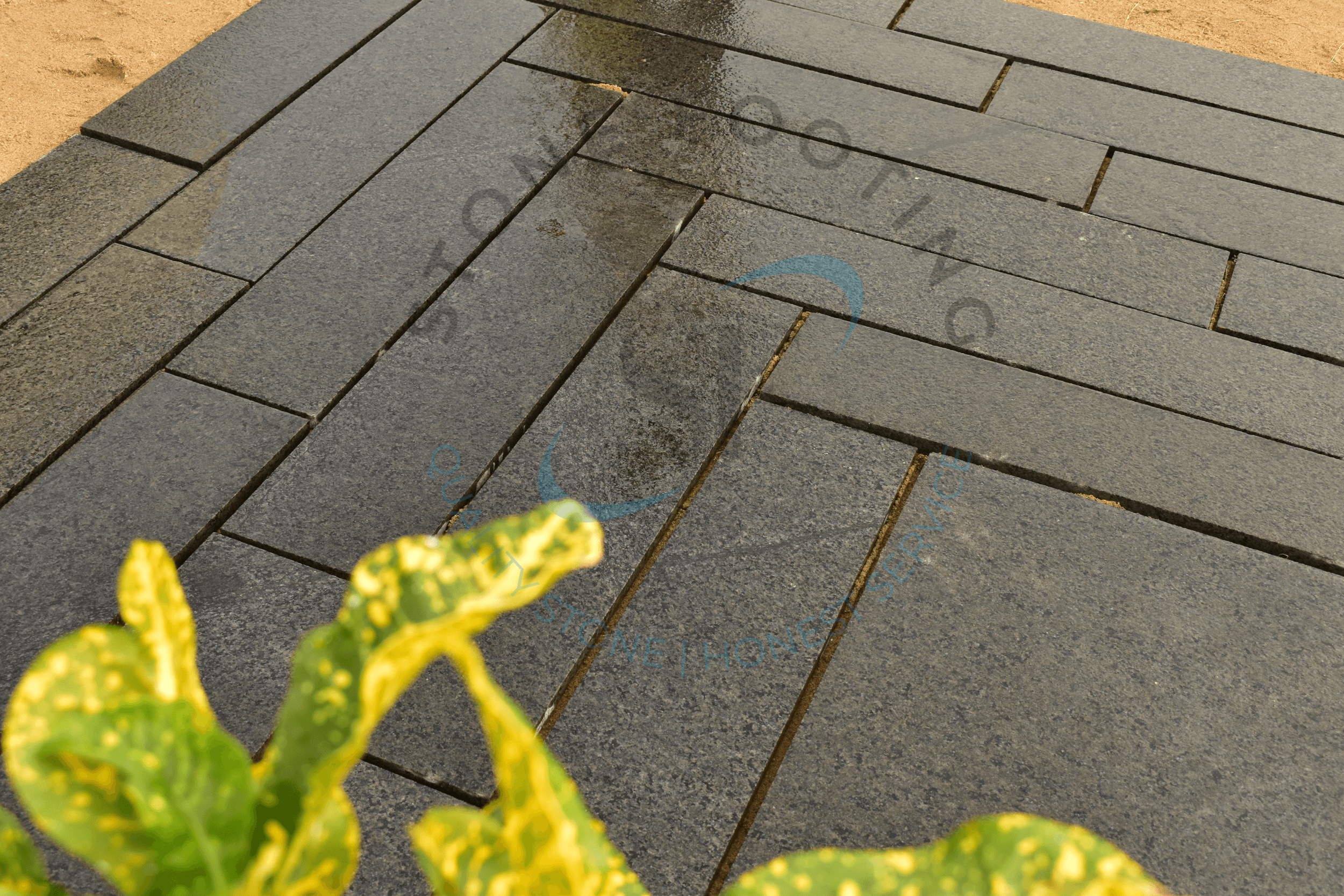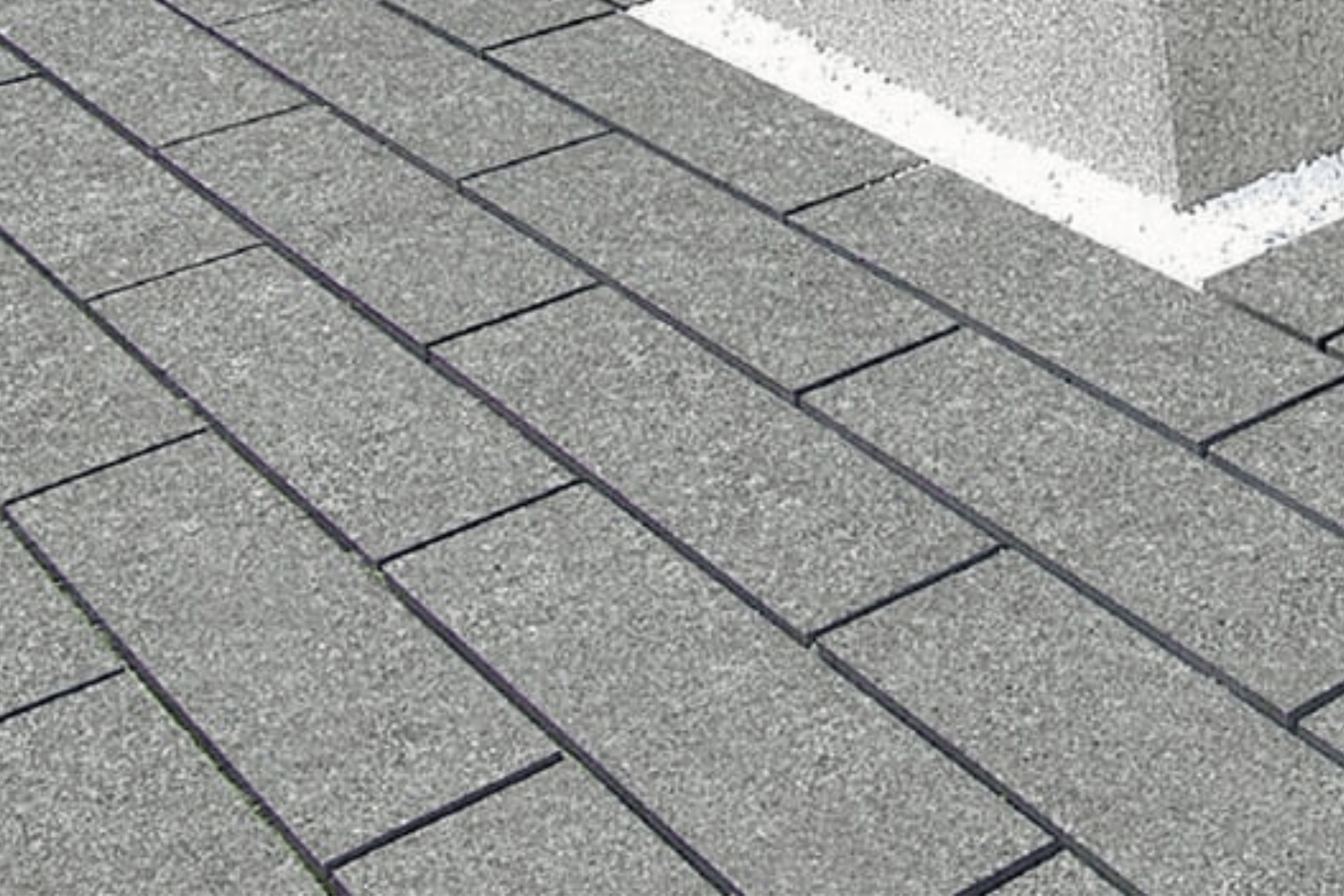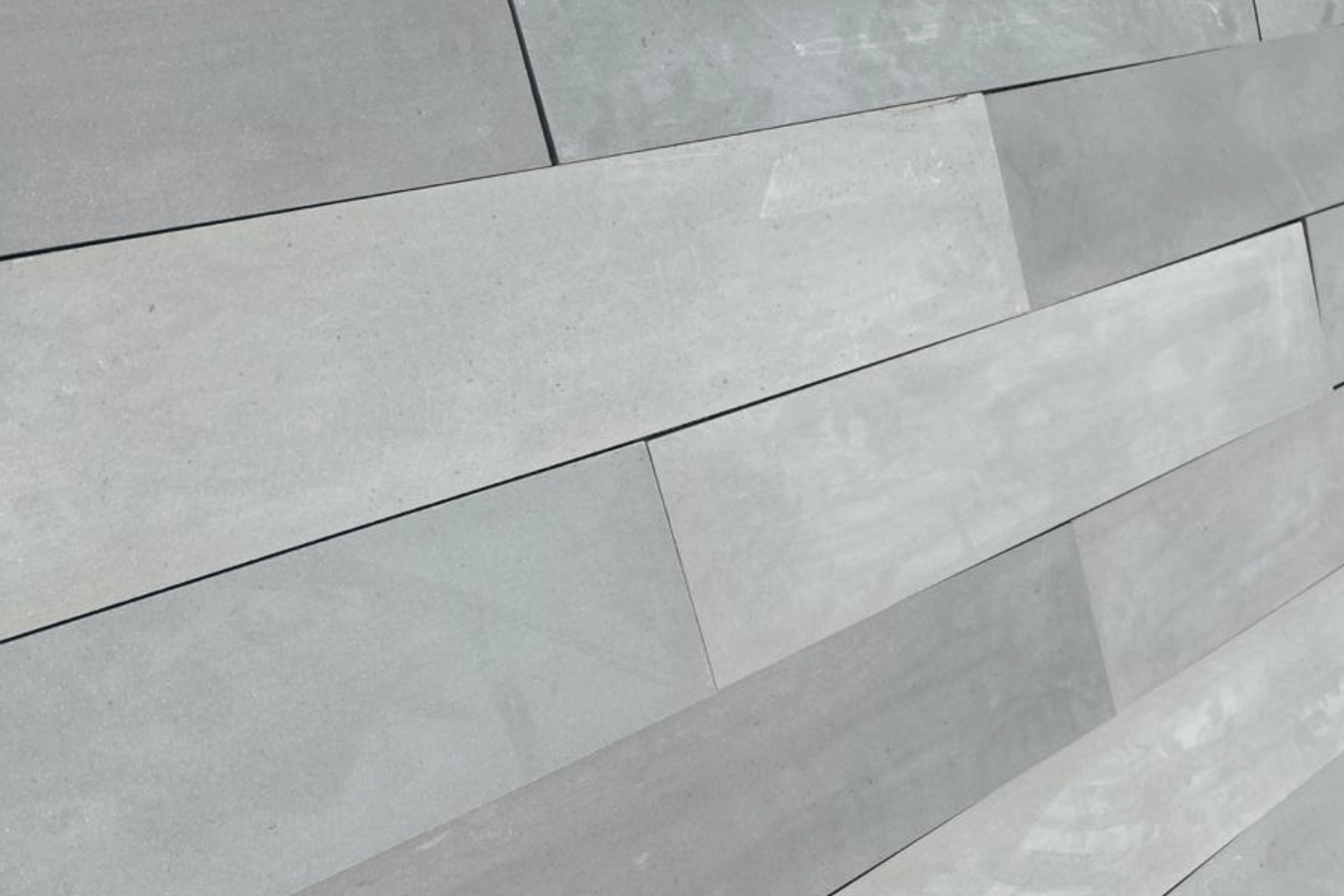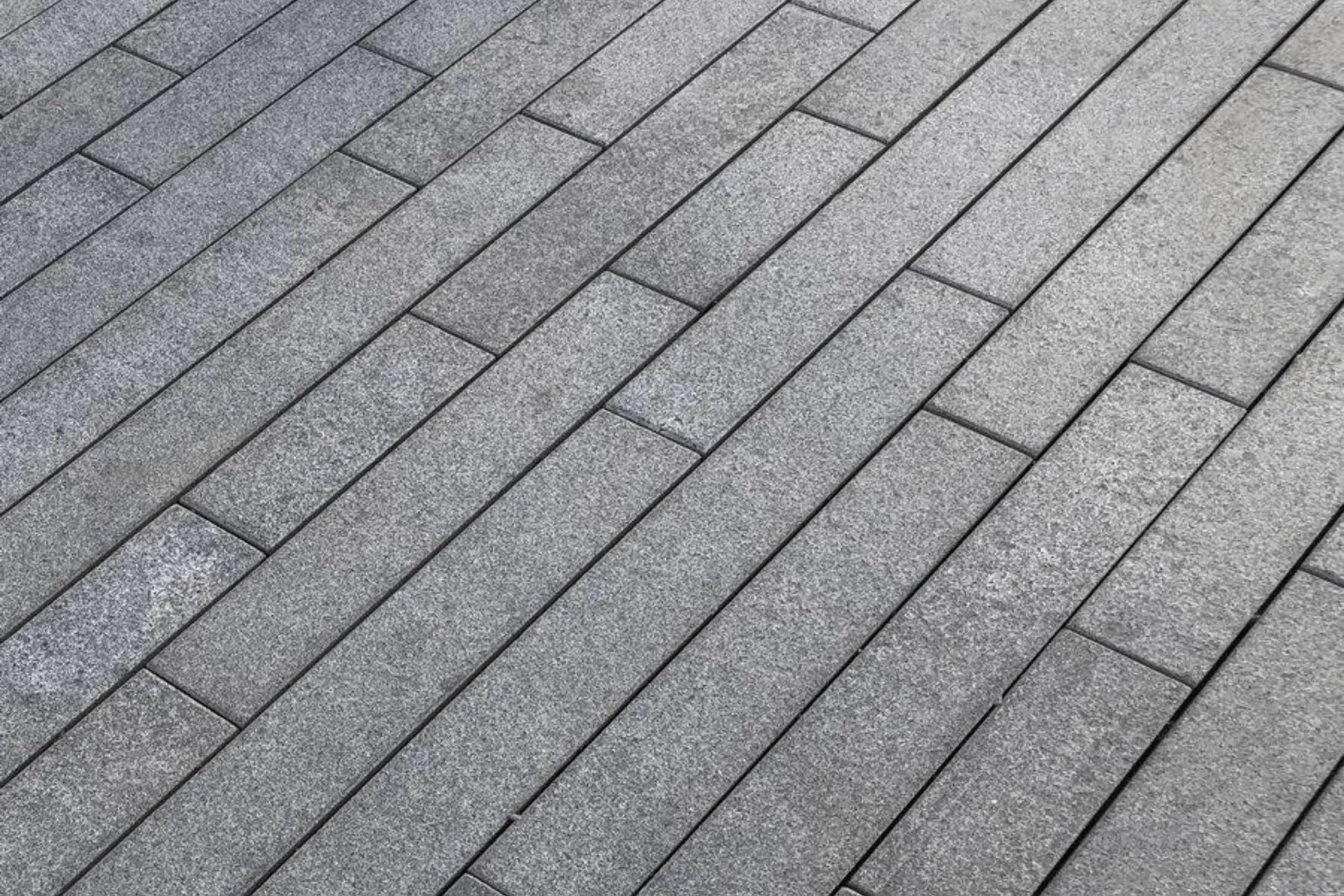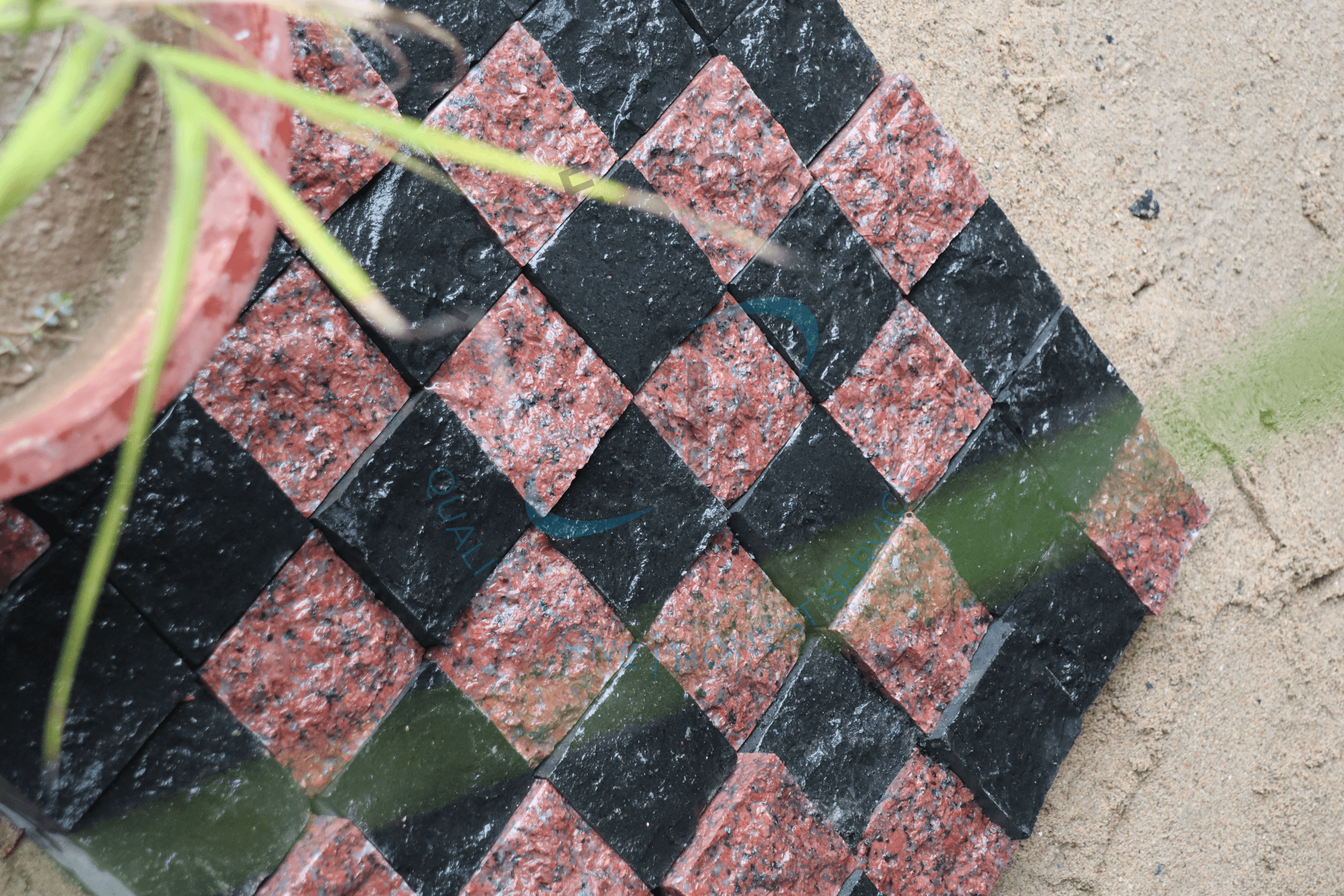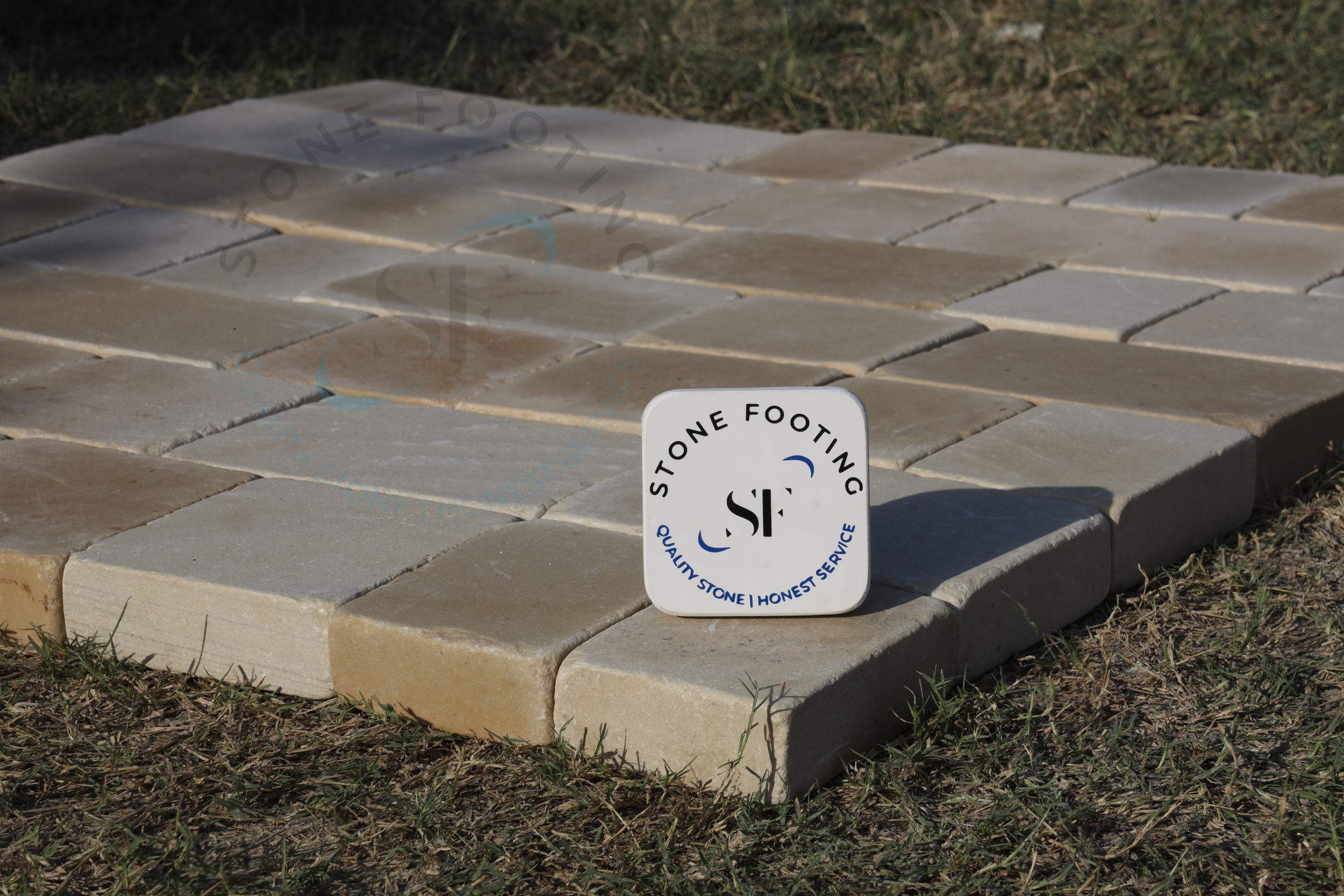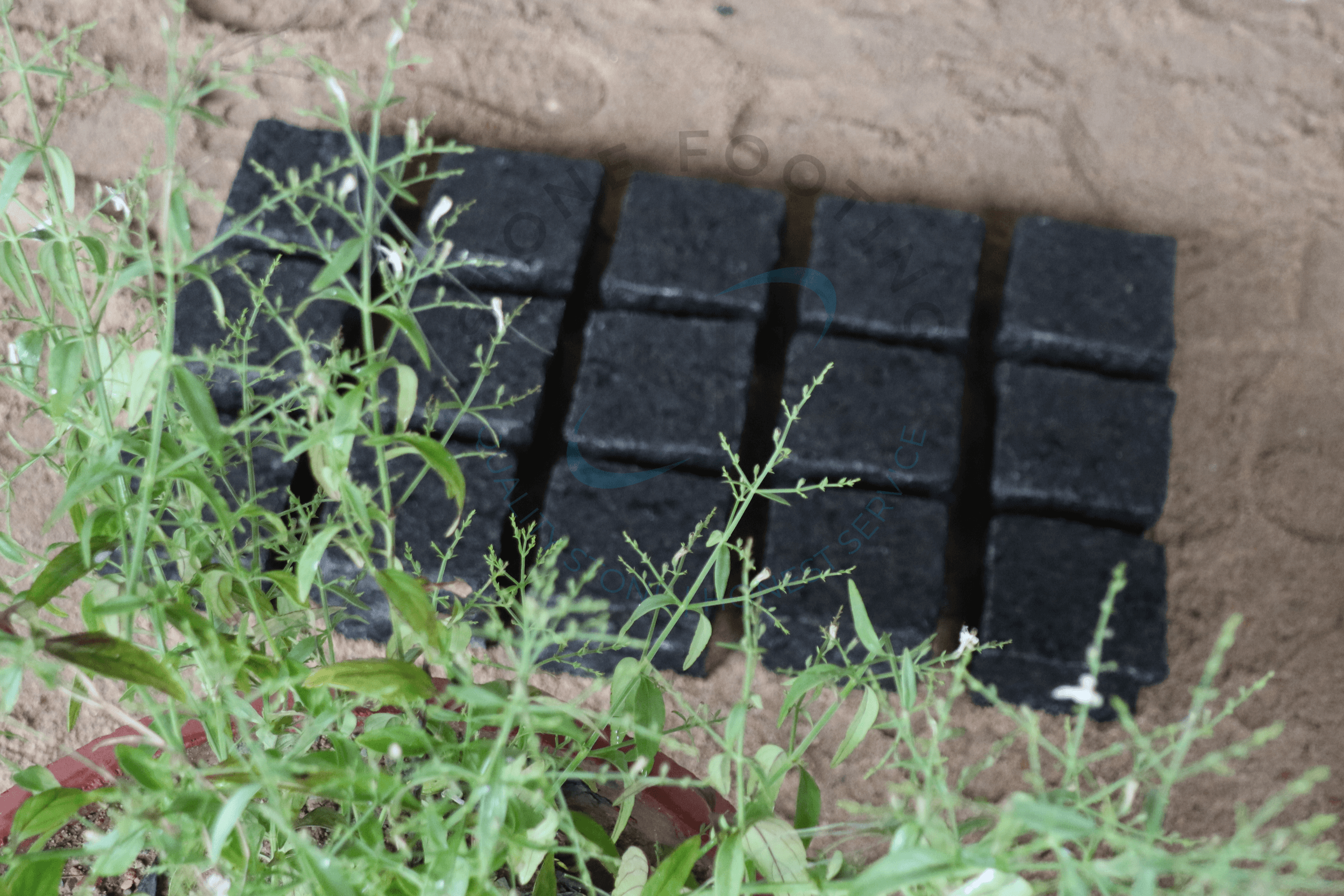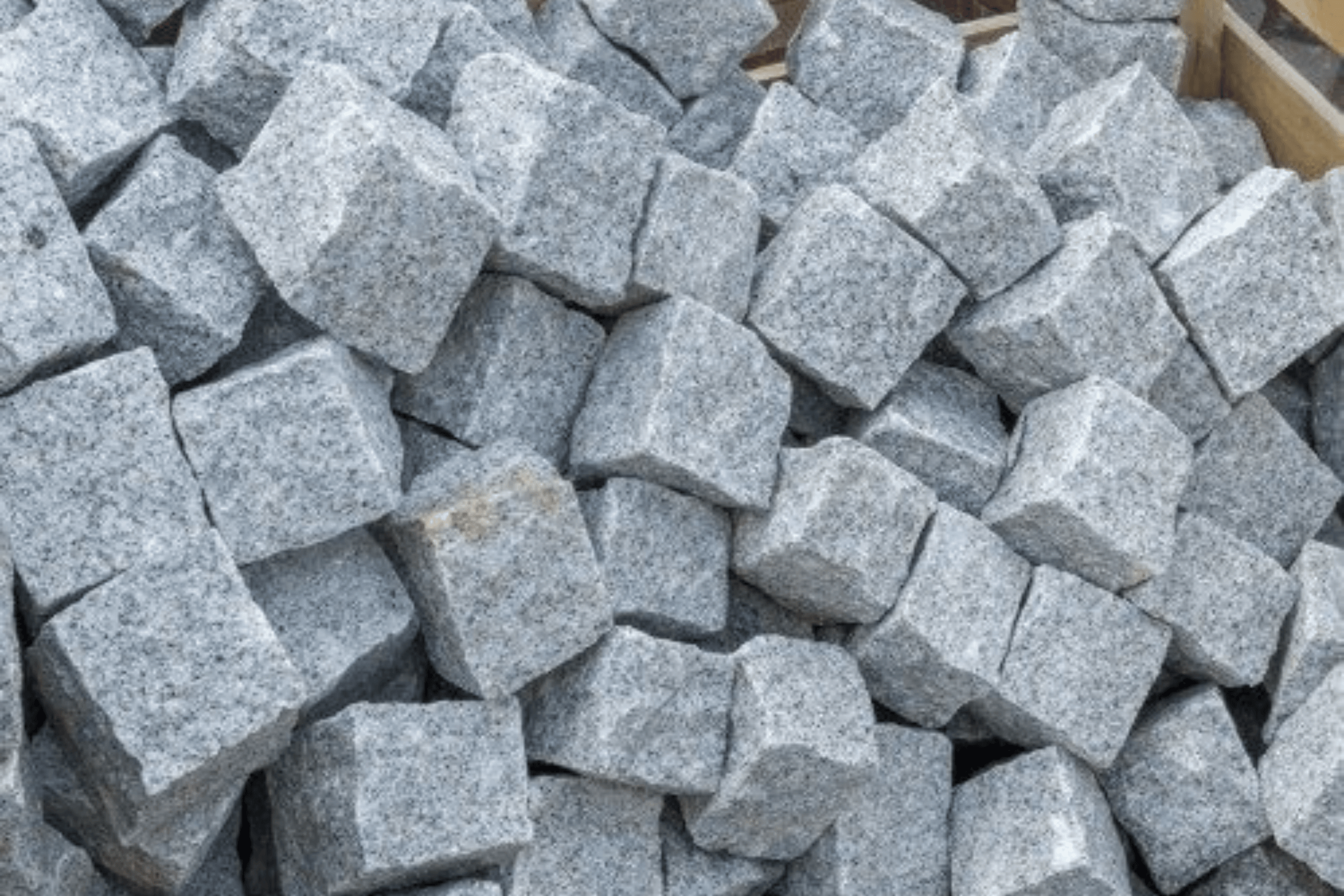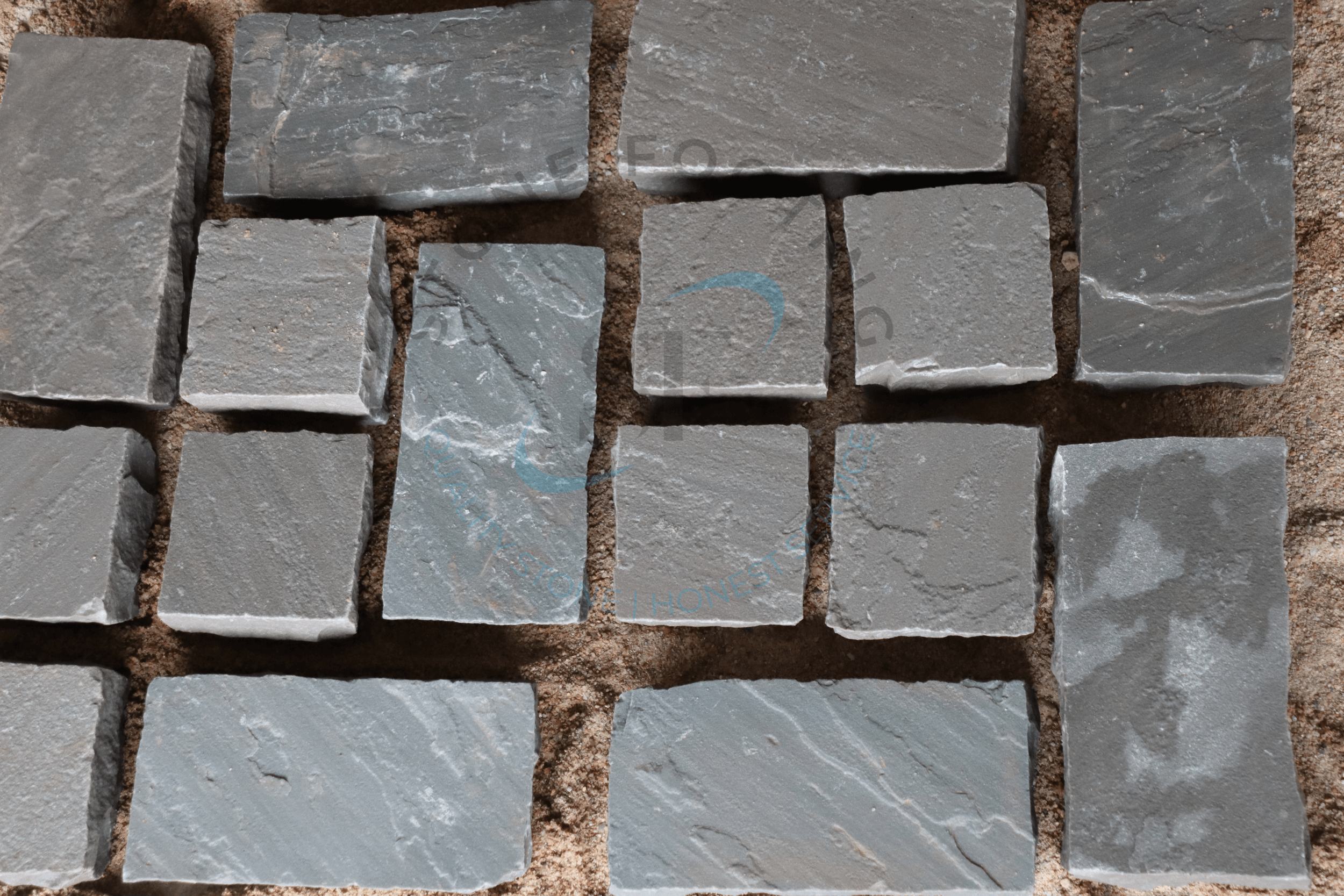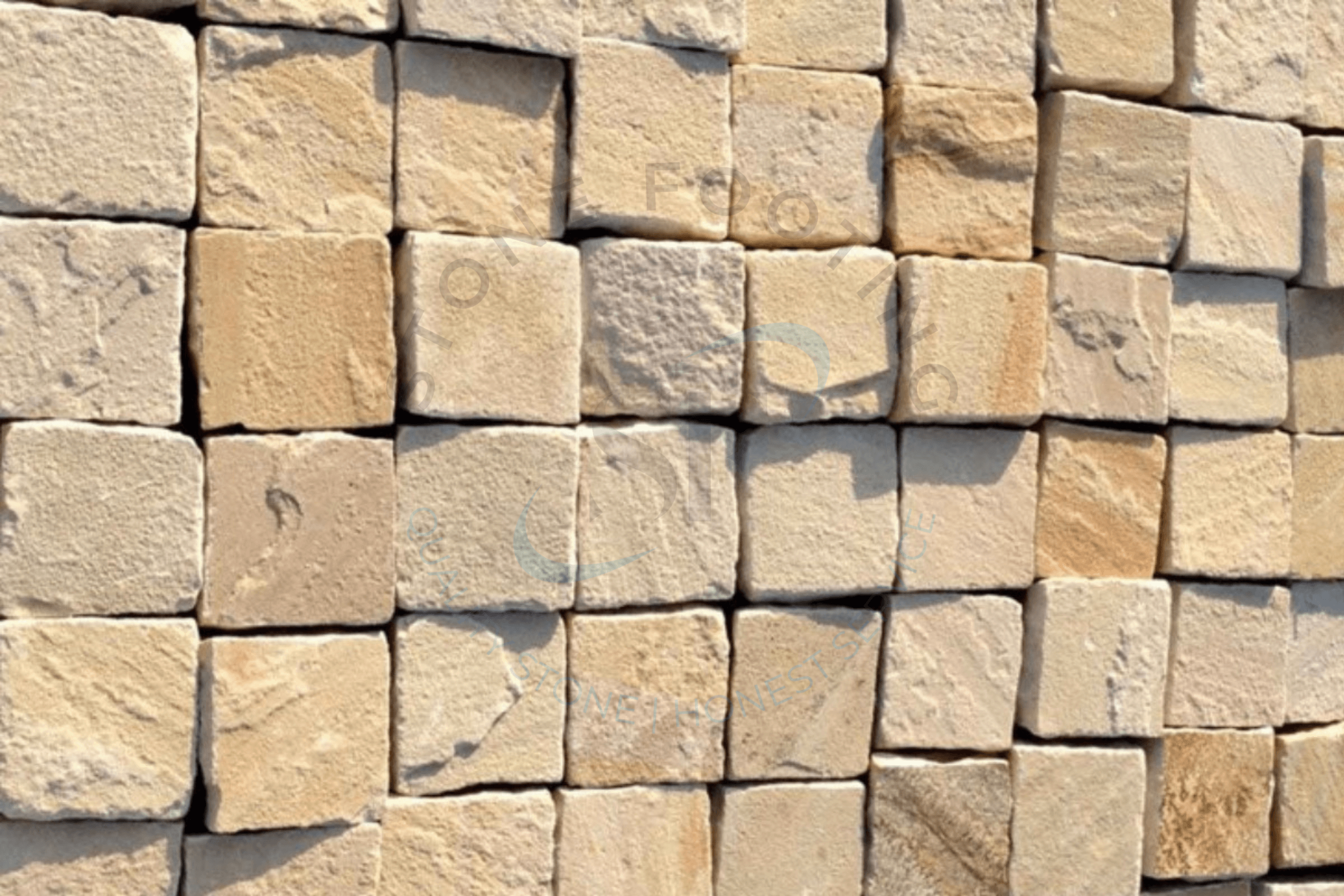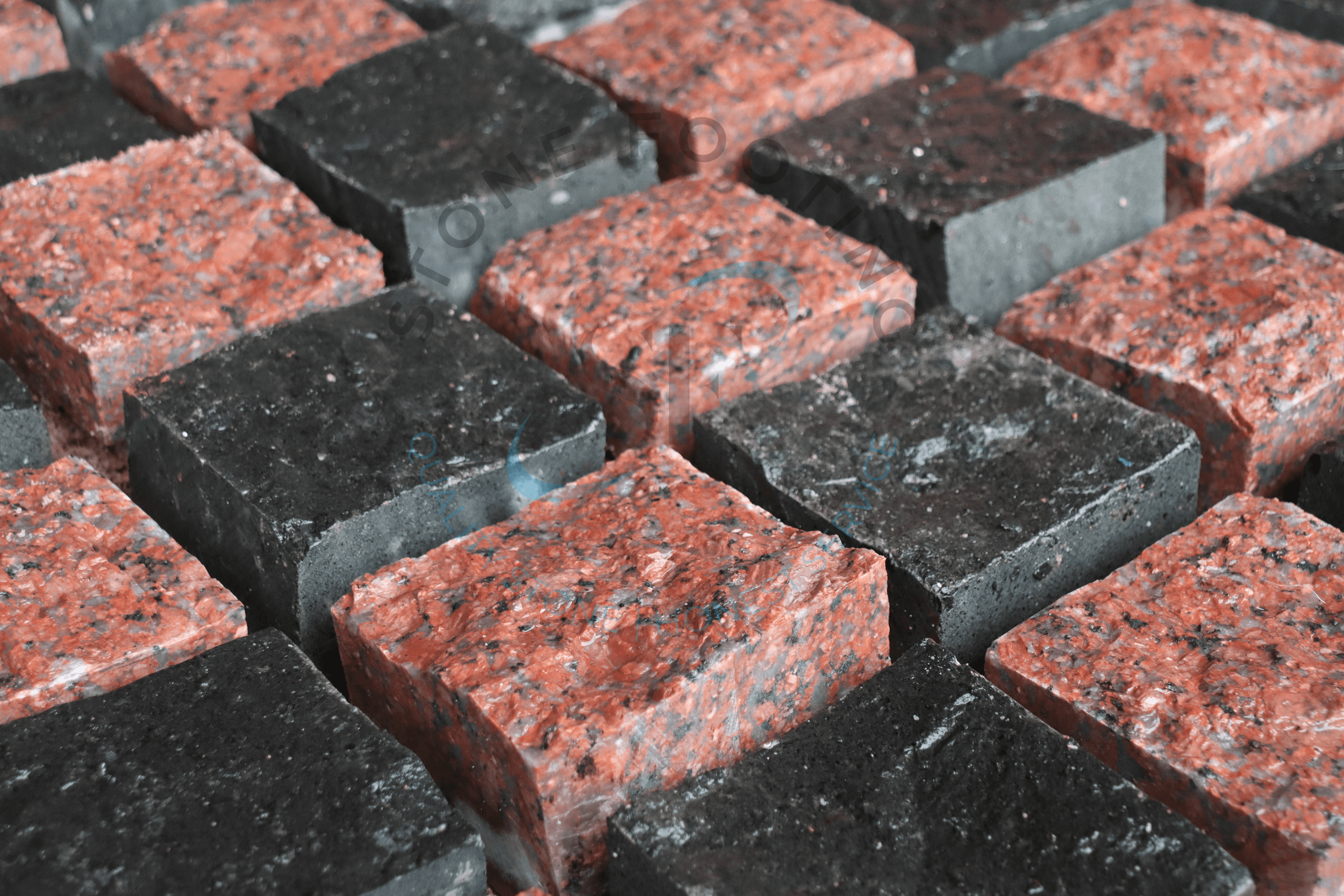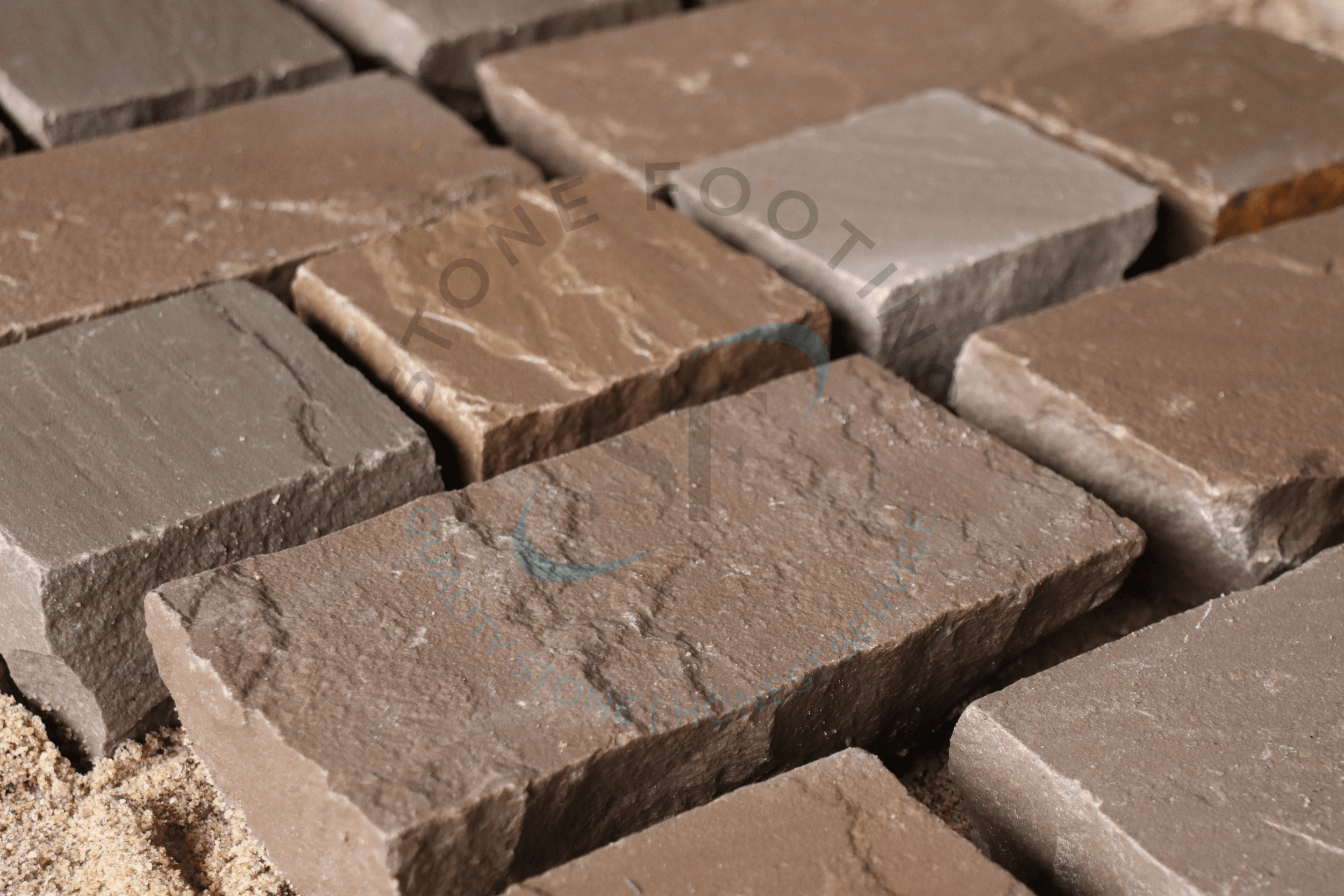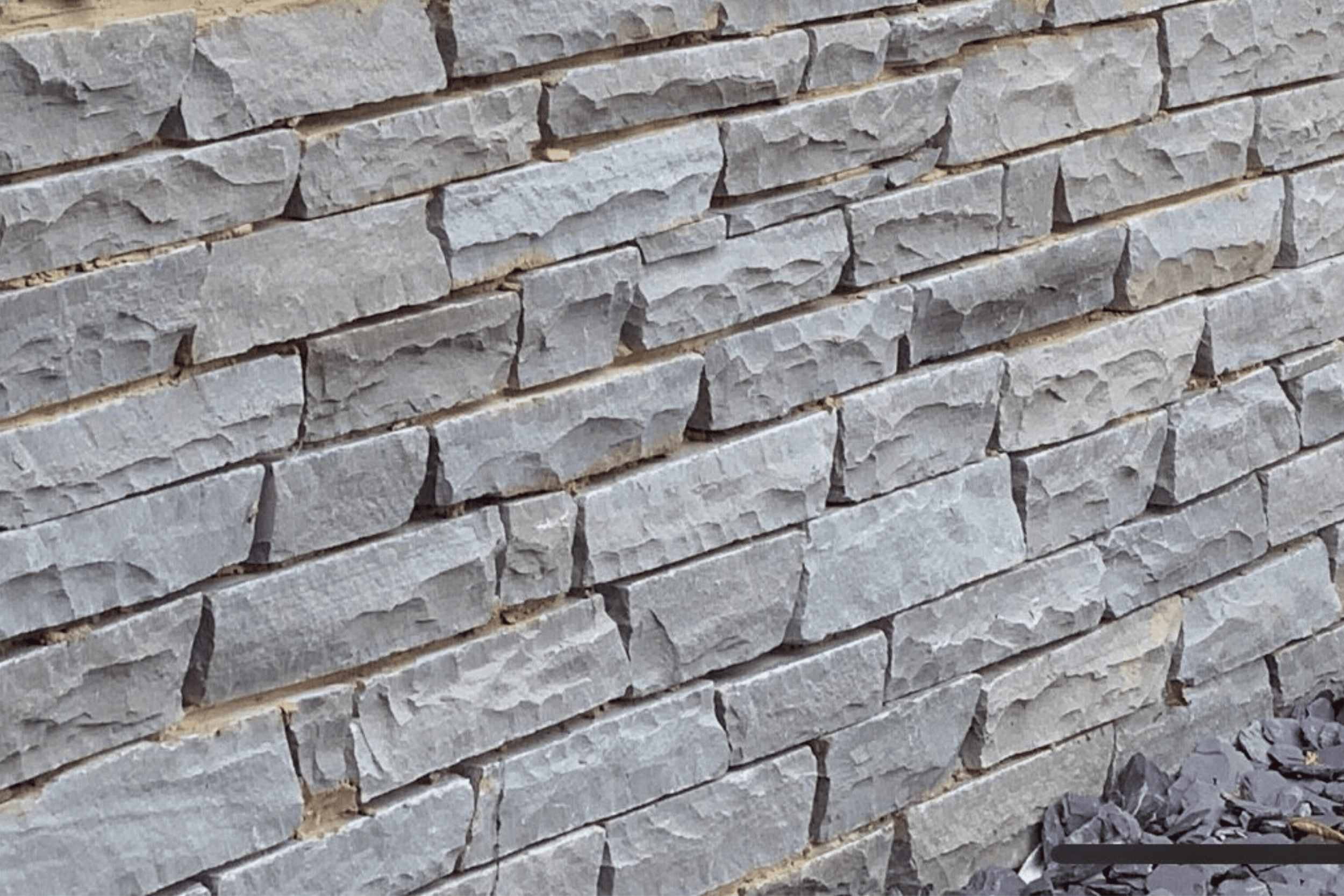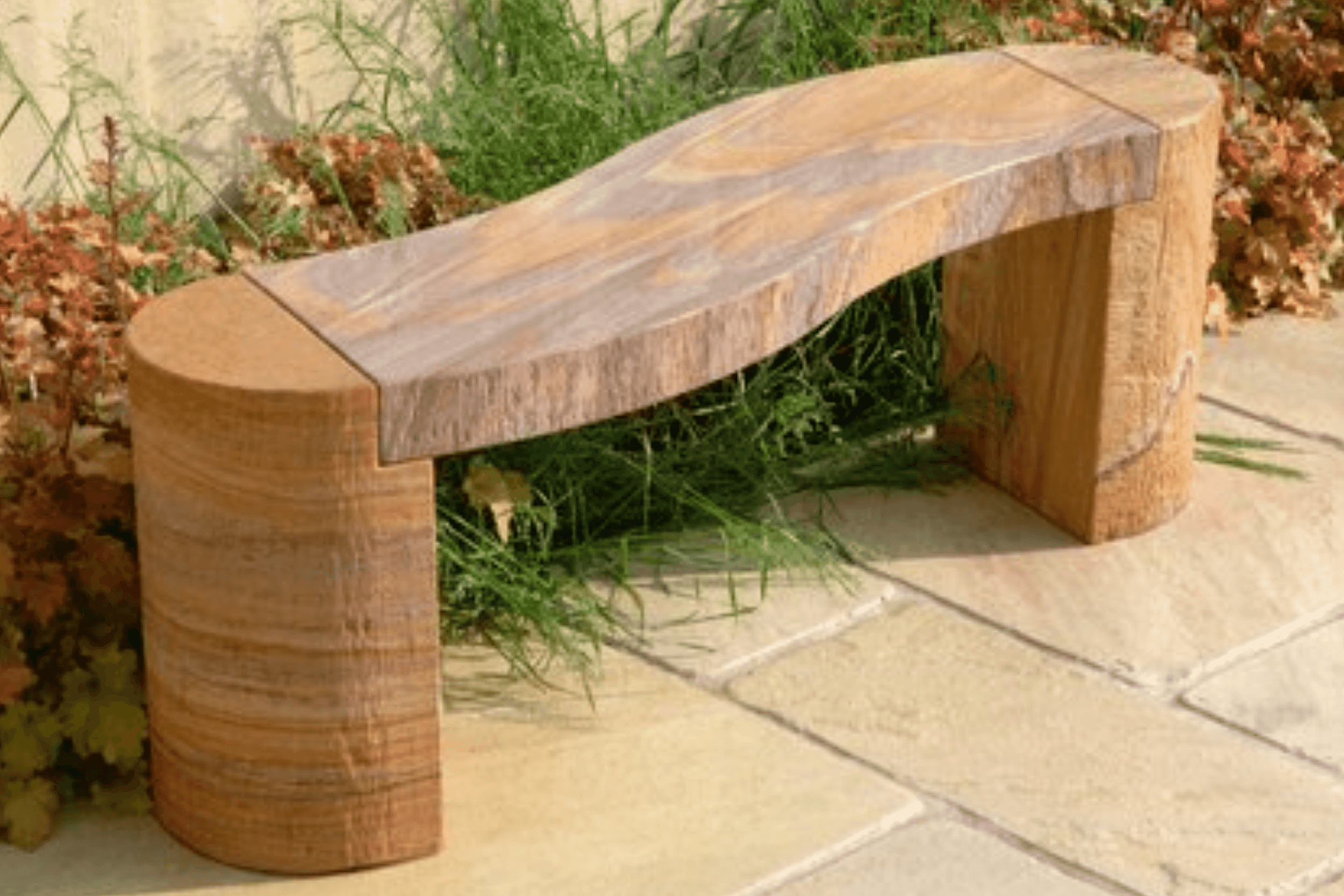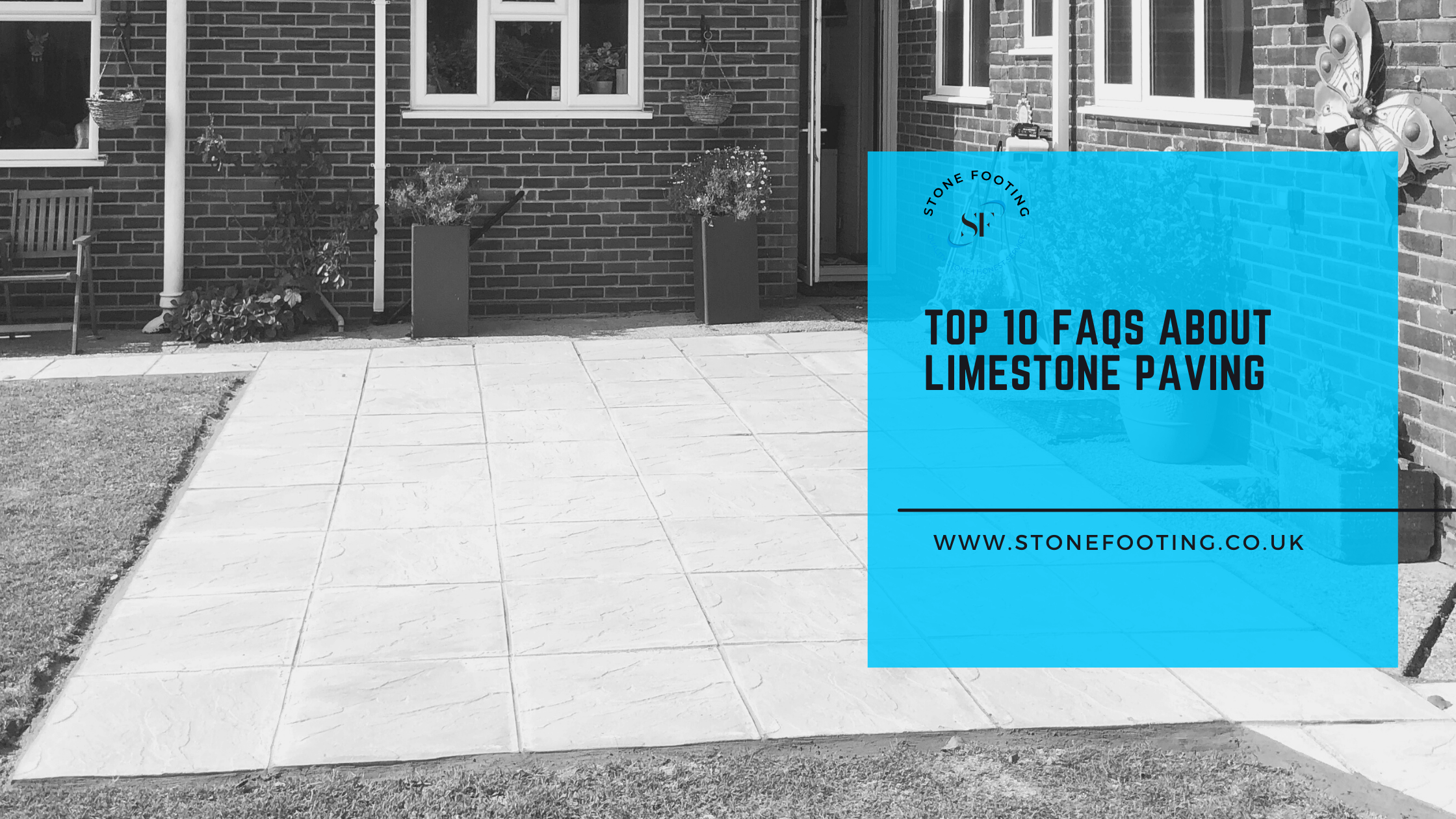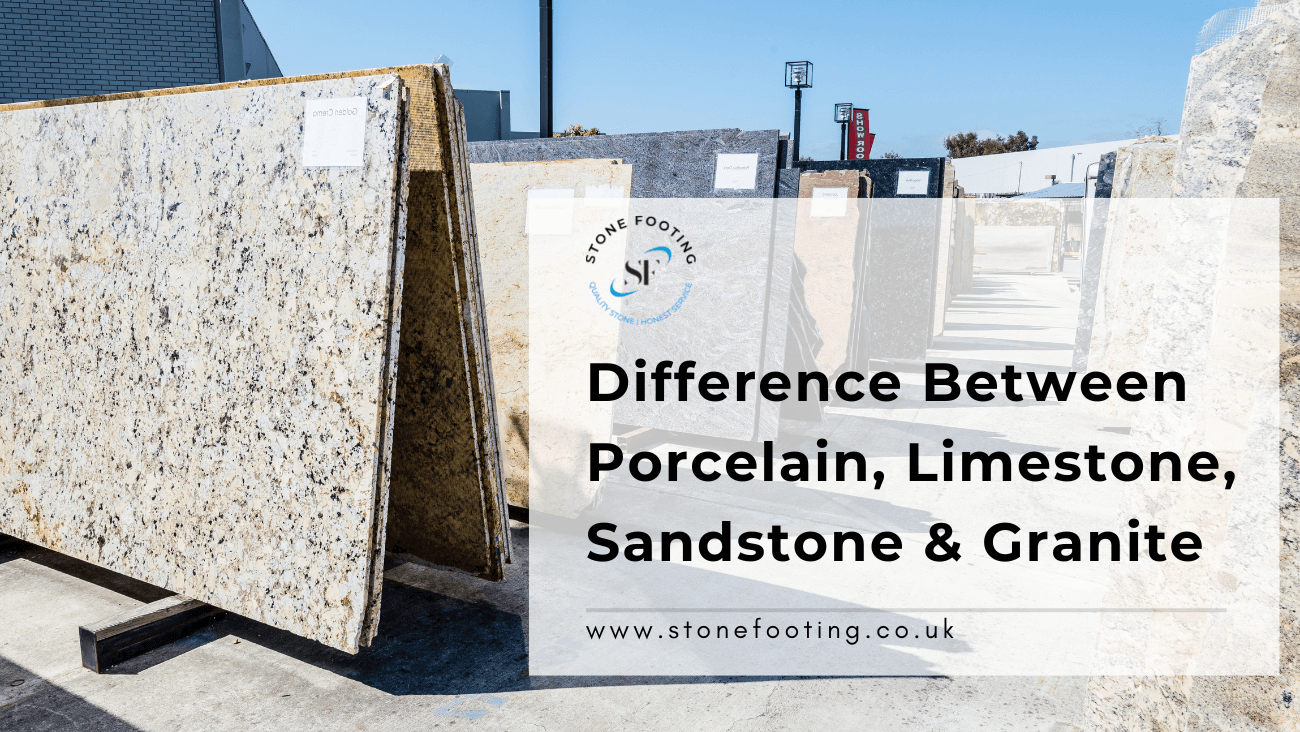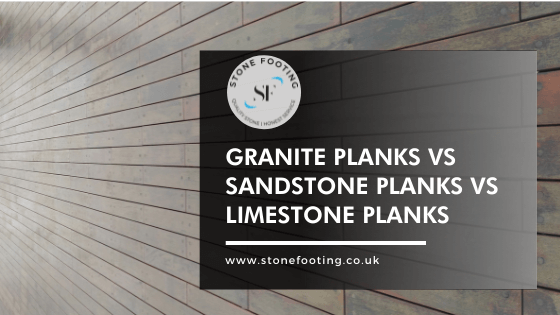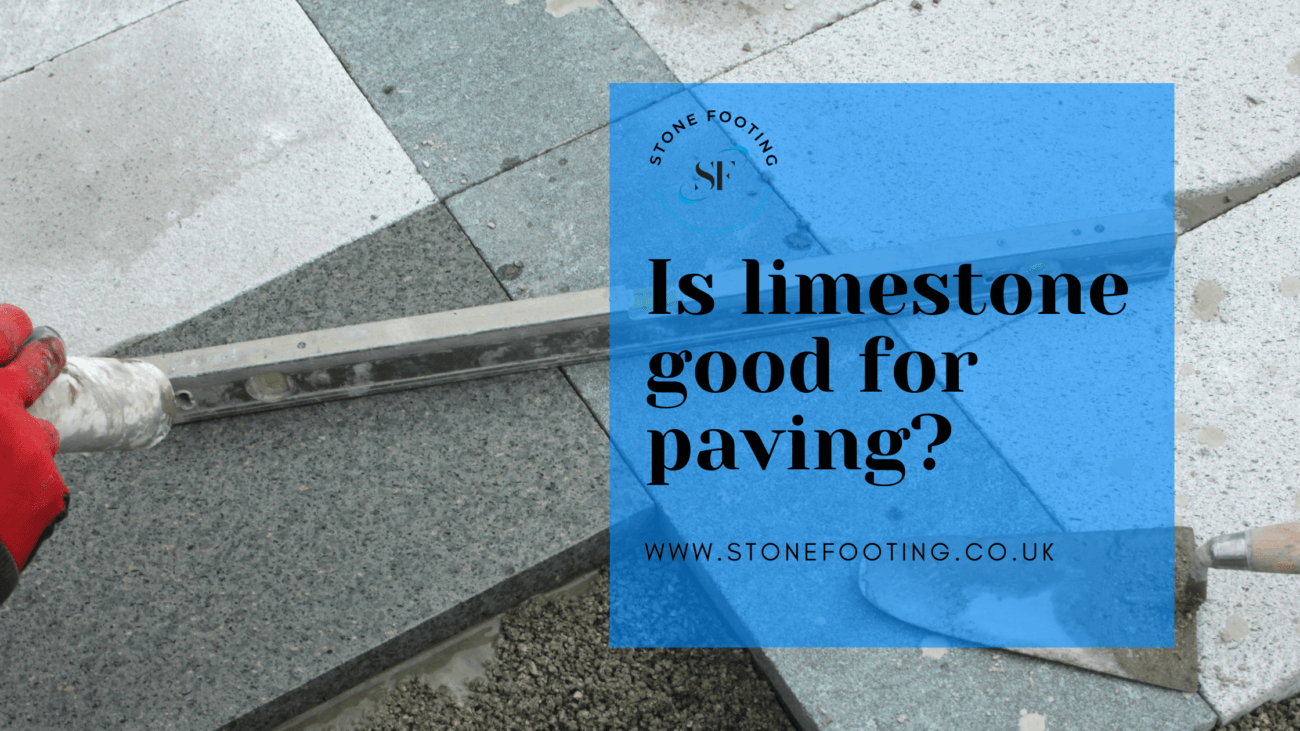It may be a lot of fun to build and decorate a new patio. Every aspect of a new patio may be tailored to meet your particular tastes and reflect your own aesthetic, from its design and size to the outdoor furniture it houses. However, with so many materials at your disposal, designing a patio from scratch might be a difficult task. You may get recommendations from friends, relatives, and your landscape designer to choose concrete pavers or a certain type of stone for paving, such as limestone paving. Make sure you understand the structure, benefits, and downsides of any substance before you invest in it based on excellent word-of-mouth. Before you have limestone paving constructed, think about the following.
1. Is it true that Limestone pavers fade with time?
When limestone paving is exposed to the sun for an extended period of time, the colour fades.
The issue of fading limestone paving has become a major concern for purchasers.
Natural stone fades over time due to exposure to the elements and UV radiation; however, because limestone has a darker surface, the fading seems to occur more rapidly.
2. Does limestone pavement have a good drainage system?
Because limestone is a permeable stone, water may pass through it; nevertheless, the evacuation efficacy is determined by how quickly the water can pass through it. This is doubtful to be rapid enough then to handle much more than a sudden downpour before the next disposal technique is needed.
This shouldn’t deter you, as all pavement necessitates a slope.
Water will pool on the surface unless your paving slabs are properly graded, and it may take some time for it to drain.
3. What Benefits Does Limestone Offer?
Limestone paving is a robust, weather-resistant material that is ideal for patio flooring. It’s simple to cut and work with, reducing installation costs and ensuring a perfect final product.
Limestone comes in a variety of vibrant colors that may enhance the appeal of a backyard. It may, however, be found in a variety of hues to provide a consistent background against which other elements can stand out. Limestone also has a delicate texture that seems smooth and shiny to the eye, in addition to its aesthetic diversity.
4. Can you use limestone tiles outside?
Limestone is the unsung superstar when it comes to natural stone products. It does not have the same renown as, for instance, marble, but that is due to the subtlety of its refinement, majesty, and toughness. The use of outdoor limestone tiles is an excellent illustration of this. They’re beautiful, weather-resistant, and go with any design you can think of. Outside, limestone paving provides a balanced and natural vibe that isn’t overly flashy, instead of providing a tranquil and elegant appearance.
5. How easy is it to maintain limestone flooring?
One of the advantages of limestone paving is that it doesn’t require sealing. Water or water combined with an alkaline cleaner such as bleach or ammonia can be used to clean it. Acidic substances, such as lemon juice or vinegar, should be avoided since they will etch the stone. Although limestone does have discoloration, a white powdery mineral deposit that can emerge on most bricks and blocks, it can be wiped off with a scrubbing sponge.
6. What are the most popular limestone paving finishes?
Limestone can be polished to a smooth and uniform finish or left with a thermal finish that is rougher and irregular.
It’s up to you to seal the stone. Several residents like the aesthetic of unsealed stone, which is suitable for outdoor use and will develop a tarnish over time. If you decide to seal the stone, ask your stone provider for a recommendation on a sealer.
7. Is limestone paving slippery when wet?
The more expensive natural stones, such as granite, limestone, and basalt, are prone to slipping when wet and should be treated with a rough surface prior to installation.
8. Is it simple to cut limestone paving?
Limestone is a rather soft stone that cuts nicely if you have the correct tools. Limestone is simple enough to cut that small sections may be completed with just an angle grinder and a low-cost diamond blade.
A table-mounted pavement saw is required for perfect straight cuts.
9. What makes limestone so special?
Limestone is a long-lasting material that includes a variety of hues and textures, and it’s great for engravings and weather protection. In fact, because marble is a form of limestone, you might have marble steps, fireplaces, and door surrounds even if your house is constructed of limestone!
10. Is it necessary to seal limestone?
Limestone should be sealed to ensure that it lasts as long as feasible. It preserves the natural beauty of your stone and can help prevent staining. Dirt and water can produce crystallization in the pores of your limestone, resulting in harmful and ugly stains.
Final Thoughts!!
At Stone Footing, the leading wholesaler of Limestone paving stone in the UK, we provide our customers personalized choices based on thicknesses, shape, and appearance. We also maintain track of comparisons and timely shipments. In fact, various tests are done prior to final shipping, so that our clients do not have to worry about transportation or reliability difficulties.

